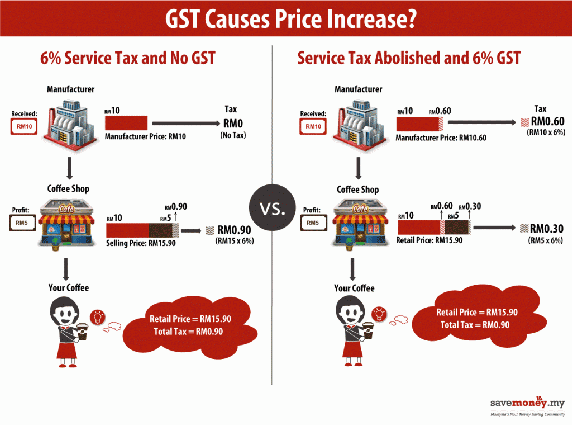Arun Jaitley has said the matter of bringing real estate under GST will be discussed in the following GST council meet
The problems of bringingreal estate below the GST range can be discussed in the following
month, Finance Minister Arun Jaitley said, also he mentioned that it
is the only zone wherein maximum amount of tax evasion and cash
generation takes area.
The topic will be
discussed at the subsequent meeting of the GST Council to be held on
November 9 in Guwahati, Jaitley said even as turning in the 'Annual
Mahindra Lecture' on India's tax reforms at the prestigious Harvard
University.
"The one sector
in India where the maximum amount of tax evasion and cash generation
takes place and which is still outside the GST is real estate. Some
of the states have been pressing for it. I personally believe that
there is a strong case to bring real estate into the GST,"
Jaitley said.
GST (Good and ServiceTax) was executed in India from July 1st, and it brings the nation's
economy under a uniform tax system. "In the next meeting
itself, we are addressing one of the problem areas or at least
(having) discussion (on) it. Some states want, some do not. There are
two views. Therefore, by discussion, we would try to reach one view,"
he said.
The decision would
benefit the consumers who will only need to pay one "final tax"
on the whole product, Jaitley said. "As a result, the final
tax paid on the whole product in the GST would almost be negligible,"
the minister said.
Jaitley stated that
reduction in eventual expenditure coupled with incentivizing people
to go into the tax internet may assist reduce the dimensions of
"shadow economy". 12% GST is charged on the production of a
complex, building, civil structure or intended on the market to a
client, absolutely or in part. but, land and different assets have
been excused from the GST.
On demonetization,
Jaitley stated it become an "essential reform" which become
vital to convert India right into a more tax-compliant society. "If
you see the long-term impact of it, demonetization brought in more
digitized transactions; it brought the issue to the center stage. It
expanded the individual tax base. It compressed the cash currency by
3% which was operating in the market. Those objectives are for the
long-term. No doubt there are short-term challenges, but (necessary)
for transforming India from a non-compliant to a more compliant
society," he said.
The finance minister told
that India had historically been one of the least economic tax
systems in the world with an extremely small tax base. The Indian
real estate market is anticipated to touch $180 billion by 2020. The
housing sector solitary contributes 5-6 % of the country's GrossDomestic Product (GDP), based on India's Brand Equity Foundation, a
unit started by the Department of Commerce, Ministry of trade and
enterprise.
SOURCE : https://goo.gl/SuJY7Q






Comments
Post a Comment
Leave your comments, we are listening !!!